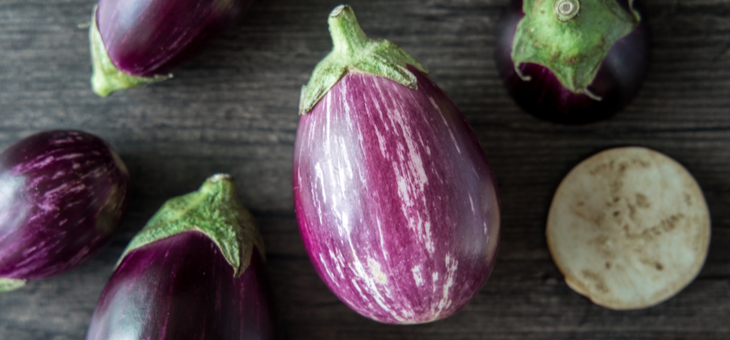Psoriasis is a chronic autoimmune condition. It causes skin cells to build up, resulting in scaly patches of skin that are often red and inflamed. Psoriasis flare-ups can be triggered by a number of factors including stress, weather and diet.
These flare-ups may be prevented or triggered by different foods in different people, so it’s impossible to predict what will or won’t help reduce symptoms. These are common foods that either trigger or ease inflammation.
Foods to eat more of:
Whole grains
Whole grains are high in fibre, so they take a while for your body to digest, keeping blood sugar levels steady and helping to prevent inflammation. Prioritise eating brown or wild rice and whole-grain bread and pasta.
Nuts
Nuts are packed with fibre, nutrients and healthy fats, which help reduce inflammation.
Olive oil
With its high omega-3 content, olive oil is naturally anti-inflammatory. Other oils such as coconut oil, safflower oil and flaxseed oil also have a higher ratio of omega-3 to omega-6 fatty acids, meaning they help to reduce inflammation.
Fatty fish
The omega-3 in fatty fish such as salmon, tuna, mackerel, herring, sardines and trout can boost your immune system, reducing overall inflammation.
Beans
Some evidence suggests that a vegetarian diet may be beneficial to people with psoriasis. Try swapping red met for fibre and protein-rich beans. They’re high in antioxidants that help reduce inflammation in the body.
Fruits and vegetables
High in antioxidants, fruit and vegetables reduce oxidative stress and inflammation. Try to eat fruits such as cherries, grapes, berries and vegetables such as broccoli, brussels sprouts, cauliflower and leafy greens such as spinach and kale.
Foods to avoid:
Nightshades
Tomatoes, eggplant, peppers and potatoes are all a part of the nightshade family. They are one of the most commonly reported triggers for psoriasis because they contain solanine, which affects digestion and can cause inflammation.
Eggs
Eggs contain arachidonic acid, a type of polyunsaturated fatty acid. This type of fatty acid produces by-products that have been shown to help create psoriatic lesions.
Gluten
People who have psoriasis have increased markers for gluten sensitivity. For people with both a gluten sensitivity and psoriasis, it’s best to cut out glutenous foods such as wheat, malt, rye and barley in order to reduce inflammation.
Alcohol
If you have psoriasis, it’s best to limit the amount of alcohol you consume. Alcohol disrupts the effectiveness of the immune system, which is linked to psoriasis flare-ups.
Fatty red meat
People who have psoriasis have a higher risk of stroke and heart attack. This risk factor may be increased by inflammation triggered by fatty red meats.
Processed foods
Consuming a large amount of pre-packaged foods with a high salt, sugar or fat content, processed meats and canned fruit and vegetables may lead to chronic health conditions such as obesity and metabolic syndrome. These conditions have been linked to chronic inflammation which may lead to psoriasis flare-ups.
Refined grains
When you digest refined grains such as white rice and flour, your blood sugar can spike and fall because of how fast your body digests them. This change in blood sugar levels can cause inflammation.
If you enjoy our content, don’t keep it to yourself. Share our free eNews with your friends and encourage them to sign up.
Related articles:
https://www.yourlifechoices.com.au/health/your-health/how-to–naturally-boost-testosterone
https://www.yourlifechoices.com.au/health/your-health/foods-to-help-with-the-flop
https://www.yourlifechoices.com.au/health/news/the-diet-that-lowers-your-stroke-risk
Disclaimer: This article contains general information about health issues and is not advice. For health advice, consult your medical practitioner.

